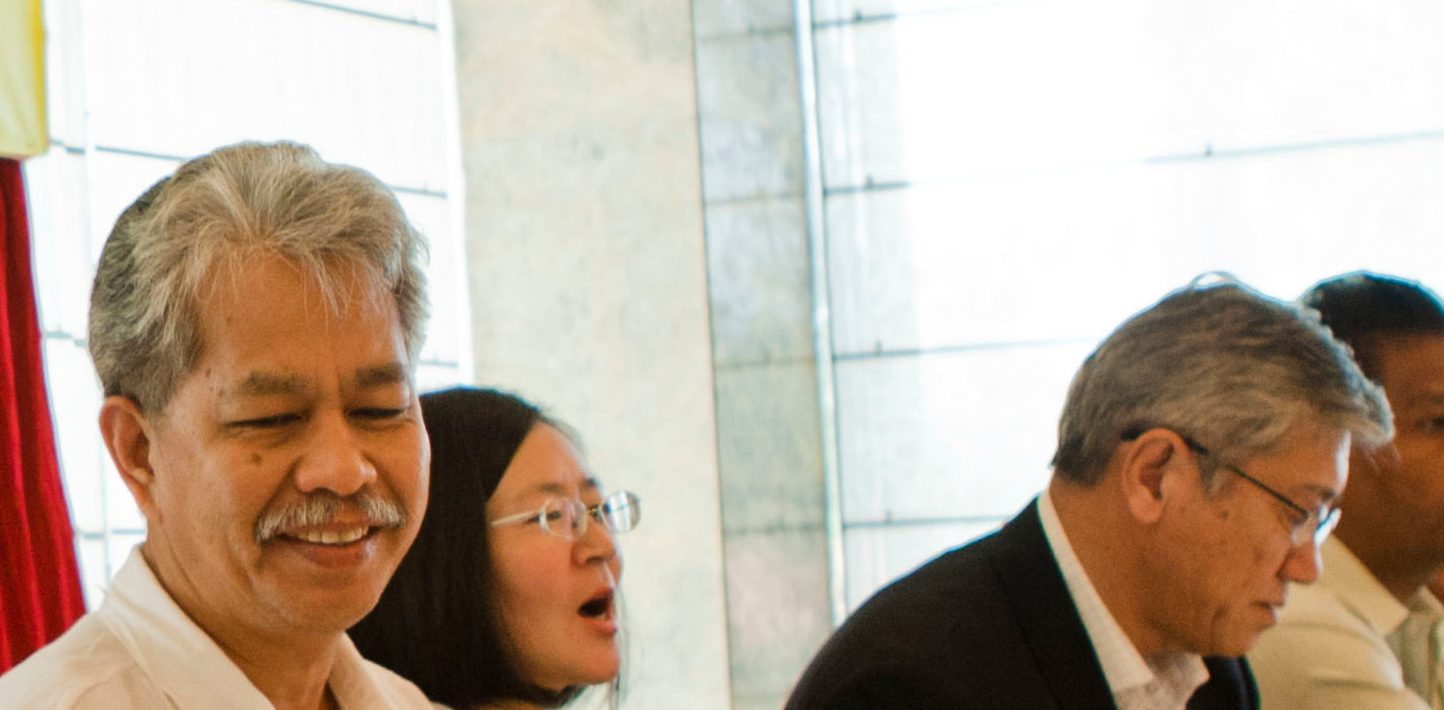The Thai authorities must immediately drop the criminal investigation against three of the country’s most prominent human rights activists, including the chair of Amnesty International Thailand, who could be charged today for documenting and publishing a report about torture by Thai security forces, the organization warned.
Somchai Homla-or, Anchana Heemmina, and Porpen Khongkaconkiet, who was appointed Chair of the Amnesty International Thailand board last month, face the prospect of five years behind bars and a fine of US $4,800 if found guilty on charges of “criminal defamation” and “computer crimes”. The three are due to report to Pattani police station on 26 July.
At a time when the Thai government has promised to introduce anti-torture legislation, it is a cruel paradox that they are harassing activists for exposing the abhorrent practice
Salil Shetty, Secretary General of Amnesty International
“At a time when the Thai government has promised to introduce anti-torture legislation, it is a cruel paradox that they are harassing activists for exposing the abhorrent practice,” said Salil Shetty, Secretary General of Amnesty International.
“The Thai authorities should immediately stop the criminal investigation, drop the charges against these three activists and order an independent and impartial investigation into the very serious human rights violations they have raised. It is the state’s duty to protect human rights activists, not to shield security forces from accountability.”
Somchai Homla-or, Porpen Khongkaconkiet and Anchana Heemmina are members of the Cross Cultural Foundation, Dua Jai Group (Hearty Support Group. Together, they published a report in February 2016 documenting 54 cases of torture and other ill-treatment by the Royal Thai police and Royal Thai army in the volatile southern provinces, where the reported acts of torture took place.
The complaint against them was filed on 17 May 2016 by the Internal Security Operations Command Region 4, which is responsible for security operation in the southern provinces – the focus of their report on torture.
The allegations against the three are merely the latest in a longstanding pattern of attempts to intimidate human rights defenders, in clear breach of Thailand’s international obligations to protect their rights.
It is the state’s duty to protect human rights activists, not to shield security forces from accountability
Salil Shetty, Secretary General of Amnesty International
Since the 2014 coup, Thailand’s military government has stepped up efforts to stifle all forms of dissent, including by imposing broad restrictions on the rights to freedom of expression, assembly and association. In the past three months alone, authorities have initiated charges against more than 100 individuals for opposing a draft constitution that is the subject of a 7 August national referendum.
“If this can happen to three well-known activists then the message the military government is sending is that no one is beyond their reach and no one is safe,” said Salil Shetty.
Amnesty International considers any person who is imprisoned solely for expressing their rights to freedom of expression as prisoners of conscience, and calls for their immediate and unconditional release.
Background
Somchai Homla-or is a senior adviser and former President of the Cross Cultural Foundation, an organization that documents human rights violations. Pornpen Khongkachonkiet is Director of the same organization.
Last month, Pornpen Khongkachonkiet was elected Chair of Amnesty International Thailand’s board, a position she holds independent of her work with the Cross Cultural Foundation.
Amnesty International was not involved in the preparation or the publication of their report on torture.
On 17 December 2015, Thailand was one of 128 United Nations member states to support the UN resolution that calls on authorities to refrain from intimidating and mounting reprisals against human rights defenders.


